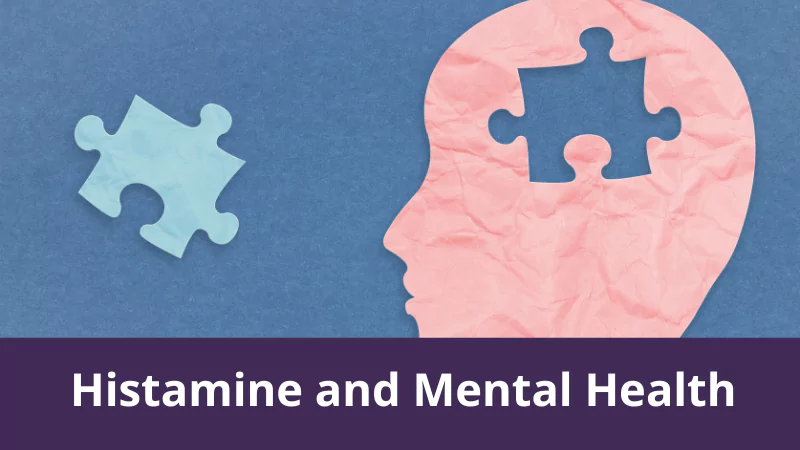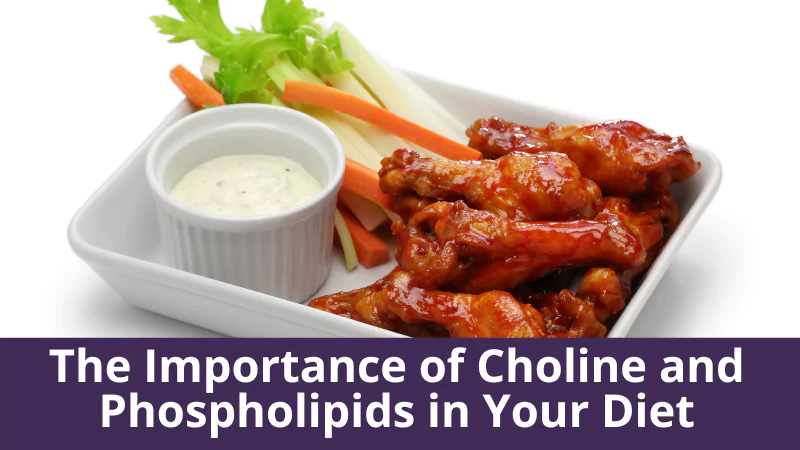Is Stress Making You Sick In The Gut
Throughout our lives, we experience varied levels of stress that may cause harm to our health, especially in terms of gut function. Our mental health is essential in maintaining the body’s physiological functions; electrochemical imbalances may result, along with reduced gut capabilities. Intestinal bacteria are regulated by a delicate balance of brain-gut communication, being vital to fermentation and completion of digestion of food within the human body. Since the gastrointestinal tract is thus drastically affected, stress is a major threat to homeostasis. Furthermore, numerous other gut functions, such as intestinal permeability and decreased metabolic function, are hindered by stress. In this article, we will consider the impacts made by stress on gut functions, consider the role of and interactions with gut flora, and discuss the impacts of reduced hydrochloric acid and membrane permeability on overall gut efficiency and metabolism.
Impacts made by stress on gut functions
According to the Harvard Medical Health Letter, approximately 35-75% of people are affected by gastrointestinal disorders due to stress – the majority of which consist of women. Decreased metabolism, reduced nutrient absorption, pain, bloating and the development of depression are potential consequences of stress and gastrointestinal disorders. Examples of such gastrointestinal disorders include:
- Irritable bowel syndrome (IBS)
- Gastroesophageal reflux disease (GERD)
- Peptic ulcers
- Inflammatory bowel disease
- Hemorrhoids
- Colon polyps
- Stomach disease
Impacts of reduced hydrochloric acid on gut health
Impaired gut functioning, such as the reduced intake of nutrients, may result in a lack of vitamins. Stress diverts blood from the gut to supply only the most paramount tissues with blood to ensure survival. Secretions of digestive enzymes are therefore reduced, resulting in lowered hydrochloric acid levels and an open esophageal sphincter – which may cause ulcers and acid reflux. Decreased levels of hydrochloric acid can negatively impact the presence of vitamins, such as B12, zinc, protein and other key nutrients because the hydrochloric acid is not breaking down the food sufficiently so the nutrients can be absorbed. If the gut membrane is not working then this is another reason that nutrients might be low.
Impacts of reduced membrane permeability on gut efficiency and metabolism
Stress is known to alter physiological processes at the cellular, macromolecular, and histological levels. Along with its effects on gut flora, membrane permeability is also decreased by stress. The degree to which a membrane is permeable is vital to cellular uptake of molecules, such as nutrients, necessary to maintain cellular and tissue health.
A decrease in membrane permeability causes a loss in nutrient absorption, resulting in minimal gut functioning and a lowered metabolism. Furthermore, several diseases and health conditions may arise from gut-related issues, including: inflammatory diseases, diabetes mellitus type 1, ulcerative colitis, lupus, kidney problems, and chronic fatigue.
Interactions with gut flora
Intestinal bacteria are vital to the process of digestion, and fermentation, of the food that enters our gut. These bacteria also play a major role in maintaining a healthy immune system and functions to improve the immune defences of the gut epithelial cells, regulate inflammation, produce antimicrobial substances and ensure all nutrients are efficiently absorbed. The hypothalamic-pituitary-adrenal (HPA) axis is also greatly influenced by gut flora, which plays a role in the development of the axis. However, gut bacteria are severely impacted by stress.
The composition of specific intestinal bacteria is altered by the introduction of increased stress levels. Hormones such as adrenaline and cortisol are released in response to stress, which influences gut flora. Bacteria that act to do harm to our bodies then invade our gut, producing toxic substances and overwhelm healthy gut bacteria. This ultimately results in a decrease of gut flora and microbiota diversity, reducing the ability to defend against pathogens and protection against other conditions that may affect our health.
Summary and conclusion
A healthy gut is essential to the digestive process and the fight against pathogens. However, stress may alter the condition of the gut via chemical and physical means, including changes in gut flora and inflammatory responses. Stress interrupts homeostasis, and can therefore cause damage to our brain-gut axis, which may result in conditions such as IBS. Severe stress levels may result in various conditions related to gut health, not excluding psychological issues, such as depression, that may prolong the effects of an unhealthy gut. Conditions include, but are not limited to, inflammation, polyps, ulcers and GERD.
Stomach acid, also known as hydrochloric acid, levels are reduced by stress, following the decline in production of digestive enzymes. This loss in hydrochloric acid means that there is a lower nutrient uptake in the gut, and vitamins, such as vitamin B12, is inefficiently absorbed. And as you know by now, lower B12 means we cannot use our methylfolate. The lack in vitamins causes further issues in the body as well as reduced membrane permeability and changes in gut flora.
Membrane permeability is important in the absorption and excretion of molecules. Stress hormones act to change the permeability of membranes, resulting in conditions such as colitis and chronic fatigue. Additionally, gut bacteria are also victims of stress – being changed by the release of stress hormones (e.g. adrenaline, cortisol). These changes in gut flora, involving the decrease in bacterial variation, could cause irreparable damage to the gut, prolonged stress and weaken the immune response.
Stress should therefore be minimized and controlled to prevent gut-related problems and harm to your immune system. For more information on gut health, visit the numerous resources available on MTHFR Support Australia this month. Strategies to improve your stress may include: yoga, meditation, gentle exercise, massage and many other variants. Don’t underestimate the effect that stress has on your body.
References
http://articles.mercola.com/sites/articles/archive/2012/04/09/chronic-stress-gut-effects.aspx
http://www.health.harvard.edu/newsletter_article/stress-and-the-sensitive-gut
http://kelseykinney.com/does-stress-cause-digestive-problems/
http://www.drtoniawinchester.com/stomach-acid-and-stress/
https://paleoleap.com/importance-gut-flora-immune-system/
https://www.ncbi.nlm.nih.gov/pubmed/22314561
http://juicing-for-health.com/common-gastrointestinal-disorders-causes-symptoms
How Stress Wreaks Havoc on Your Gut – and What to Do about It









